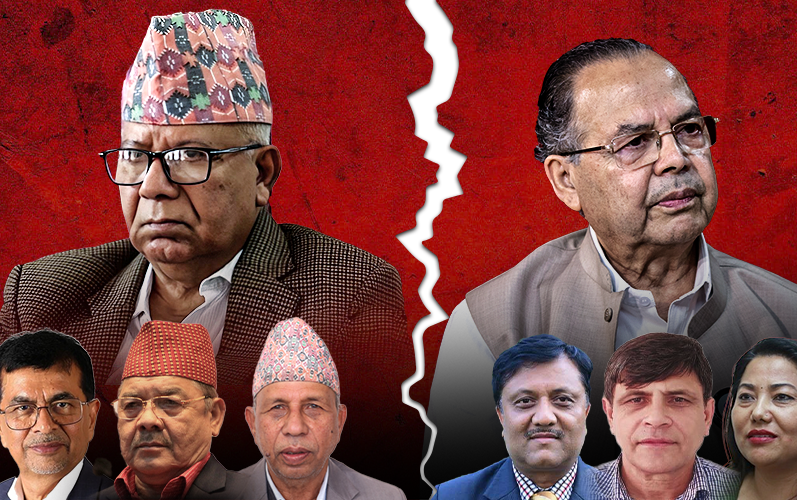
Kathmandu, Nov 1: The CPN (Unified Socialist) has split, four years after breaking away from the UML. Disagreements over a proposed left unity with the Maoist Centre and other smaller parties triggered the division. Party Chair Madhav Kumar Nepal pushed the merger plan through a majority decision, prompting senior leader and former prime minister Jhalanath Khanal and his faction to reject it.
The Central Committee meeting in Dhumbarahi, which ran for three days, exposed deep rifts. Khanal, General Secretary Ghanashyam Bhusal, and senior leader Ghanendra Basnet opposed the merger, calling it premature. Of the 123 members who spoke, many warned that uniting “just to increase numbers” would damage the party’s identity.
Despite dissent, Nepal defended the process, saying it was not secretive or unilateral. “The Secretariat and Standing Committee decided to move forward. A negotiation team has been working formally,” he said, adding that the final decision would be made by the Secretariat.
Khanal refused to accept the outcome, saying, “This cannot be done in haste. I have withheld my 30-point document.” His microphone was cut mid-speech, signaling the abrupt end of the meeting. He later said that the “party has been dissolved into the Maoists” and vowed to reorganize a new structure through legal means.
Vice-chair Jayanti Rai admitted the party had reached a breaking point. “We should have stayed united, but the majority forced a decision,” she said, expressing regret over the split.
The division stems from long-standing ideological and organizational disputes between Nepal and Khanal. Since the party’s formation in 2021 after the UML split, the two leaders clashed over ideology.
Khanal’s faction championed socialist revolution, while Nepal upheld People’s Multiparty Democracy (PMD). Their conflict extended to parallel committees and youth wings, creating persistent internal fractures.
The immediate trigger was Nepal’s push to merge with the Maoist Centre, Mahindra Raya Yadav’s Nepal Socialist Party, Charan Pun’s group, and others. Bhusal’s team led merger talks, but many saw it as a tactical move by Nepal and Maoist chief Pushpa Kamal Dahal “Prachanda.”
Khanal’s camp, which includes Bhusal, Basnet, Ram Kumari Jhakri, Jivan Ram Shrestha, and over a dozen other central figures, has taken a clear stand for party reorganization. They argue the merger lacks ideological clarity and accuse Nepal of using it to escape internal pressure after the Gen Z movement shook left politics.
Rai and others loyal to Nepal say the move aims to lay groundwork for broader left unity, possibly leading to eventual reunification with the UML. “This should be seen as a step toward left unity,” she said. “There is still time to prevent a complete split.”
People’s News Monitoring Service





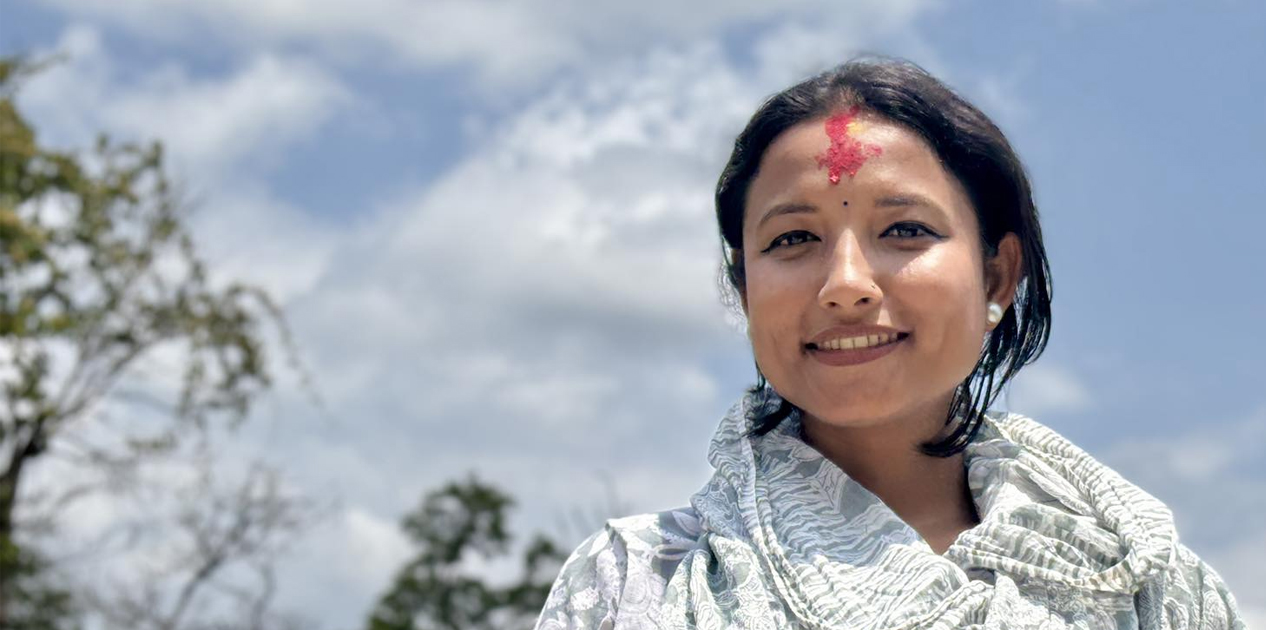

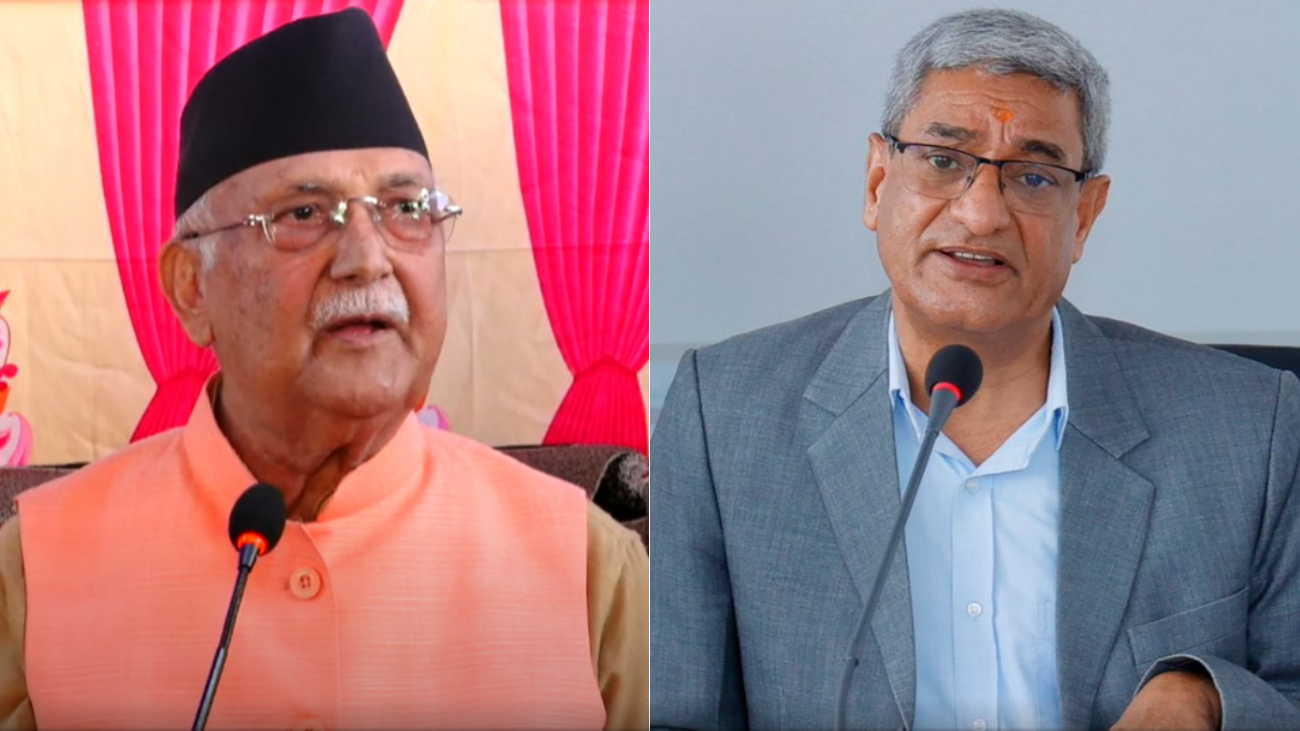

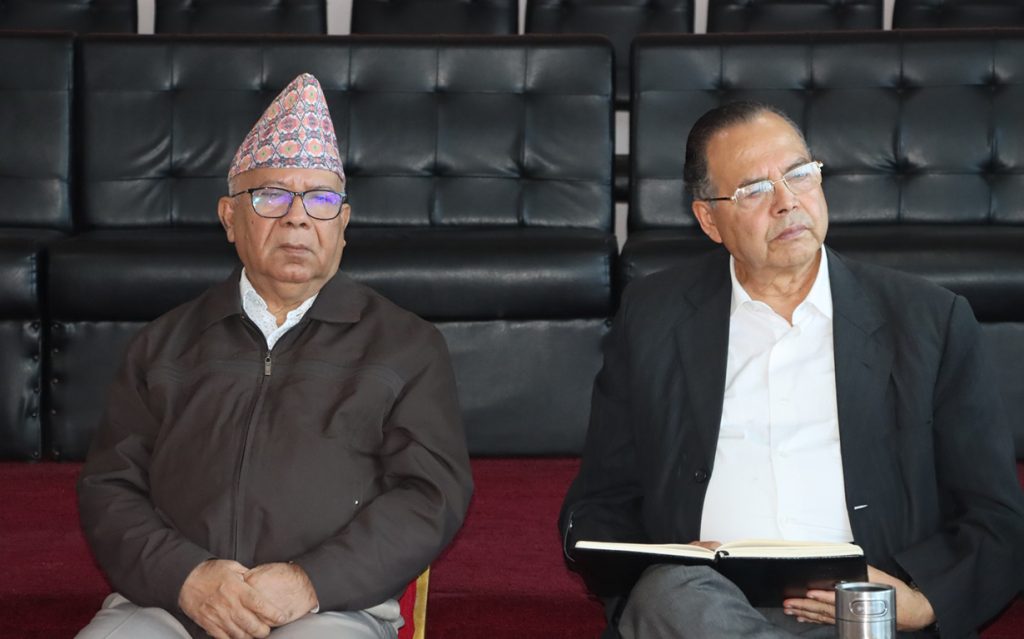

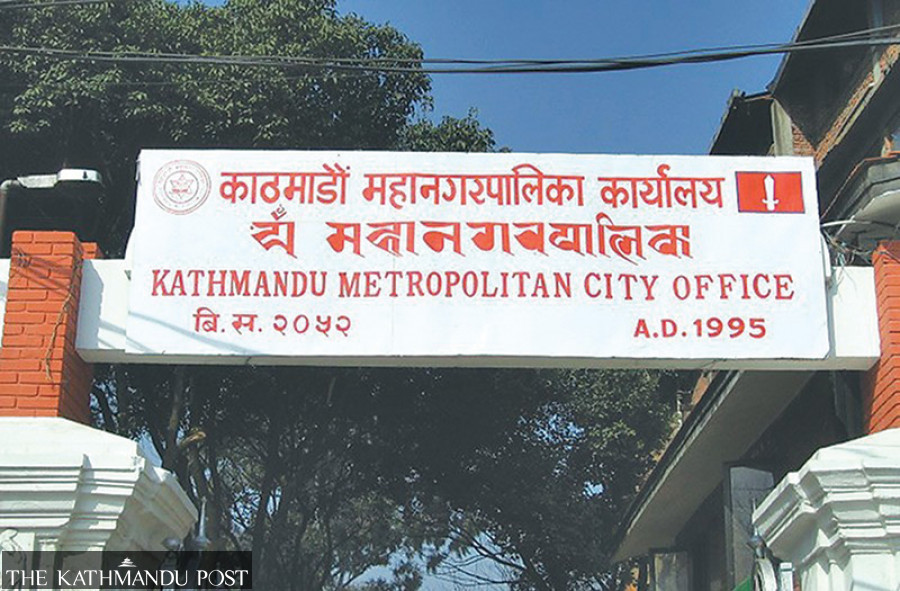


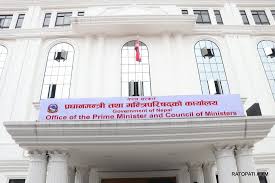


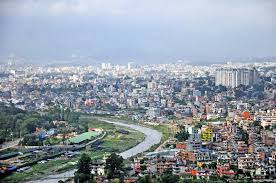
Comments:
Leave a Reply